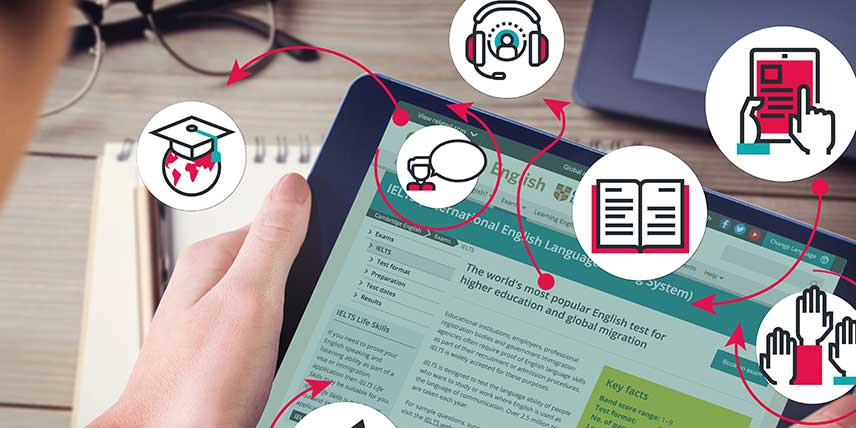Learning with MOOCs
- Diana Peña
- Working as a freelance teacher trainer for … read more
-


When I first heard about Massive Open Online Courses (MOOCs) I became very excited and wanted to get to know more about them. After all, my first encounter with distance learning was when I was still a teenager and, as far as I remember, the experience had been mostly positive. But back then, I received the materials by snail mail and my father had to pay for them. So MOOCs were enticing as they seemed easily accessible, mainly free and with a wide range of options to choose from. Above all, I saw them as an opportunity not only to learn about different subjects of interest to me, but also as a way to get exposure to authentic English, which is something that I, as a bilingual speaker, am always seeking in order to improve my command of the language.
What they are
MOOCs are courses delivered through web platforms. They typically include all traditional course materials such as readings, questionnaires and tasks, and the lectures are delivered in the form of videos. However, MOOCs also provide forums where participants can interact. Typically, the courses are offered by prestigious colleges and universities from around the globe. Some MOOCs are commercial and they do charge for their services, but there are a few of them which are funded and offer free enrolment, such as edX, Coursera and FutureLearn. Signing up for a course is as easy as signing up to any social media website. Courses usually last around 6–10 weeks, and many offer a paid, verified certificate option to enhance your CV.
What I liked
MOOCs offer courses on a wide range of disciplines and topics. There are courses on IT, biology, gastronomy, history, statistics, language learning and teaching, and so on. When I discovered them, I immediately signed up for three courses which presented their content through well-designed materials. The educators were knowledgeable and engaging, and the tasks were not overwhelming. But what I enjoyed most was participating in the forums – people from all over the world had enrolled in the courses and these were greatly enriched by everyone’s contributions.
What I found difficult
I was very enthusiastic and tried hard to take time out of my very busy schedule to watch the lectures and work on the materials at the recommended pace. However, it soon dawned on me that I would not be able to finish in the suggested time. I started falling behind and had to choose one of the courses to fully devote my attention to. Additionally, although the forums were important and useful, it was time-consuming to read all the comments posted by the thousands of people enrolled in the course. I only wished I had more spare time to participate in all MOOC-related activities, but in the end, this was difficult to achieve.
Some recommendations
Beware of the following:
- The language from the participants in the forums may not represent standard English as many of them are still learning English.
- Some of the tasks may require you to write a report or a short essay. So, make sure you know the format and structure of this kind of writing.
To make the most of a MOOC, here are a few suggestions:
- Enrol in one course at a time.
- Prepare a weekly schedule to work on the course.
- Keep a log of threads and comments you find interesting from the forum as it will be difficult to find them again.
- If you are a language teacher like me, take advantage of several courses in this subject, even if they are meant for learners. They are all good quality and you will learn lots of useful tips and activities to use in your lessons.
- Use the subtitles in English if you are finding it difficult to understand the lectures. This is a great way to learn new phrases and vocabulary as well as improve your pronunciation.
- Enjoy! I do believe they are a dream come true for life-long learners, like you and me!
